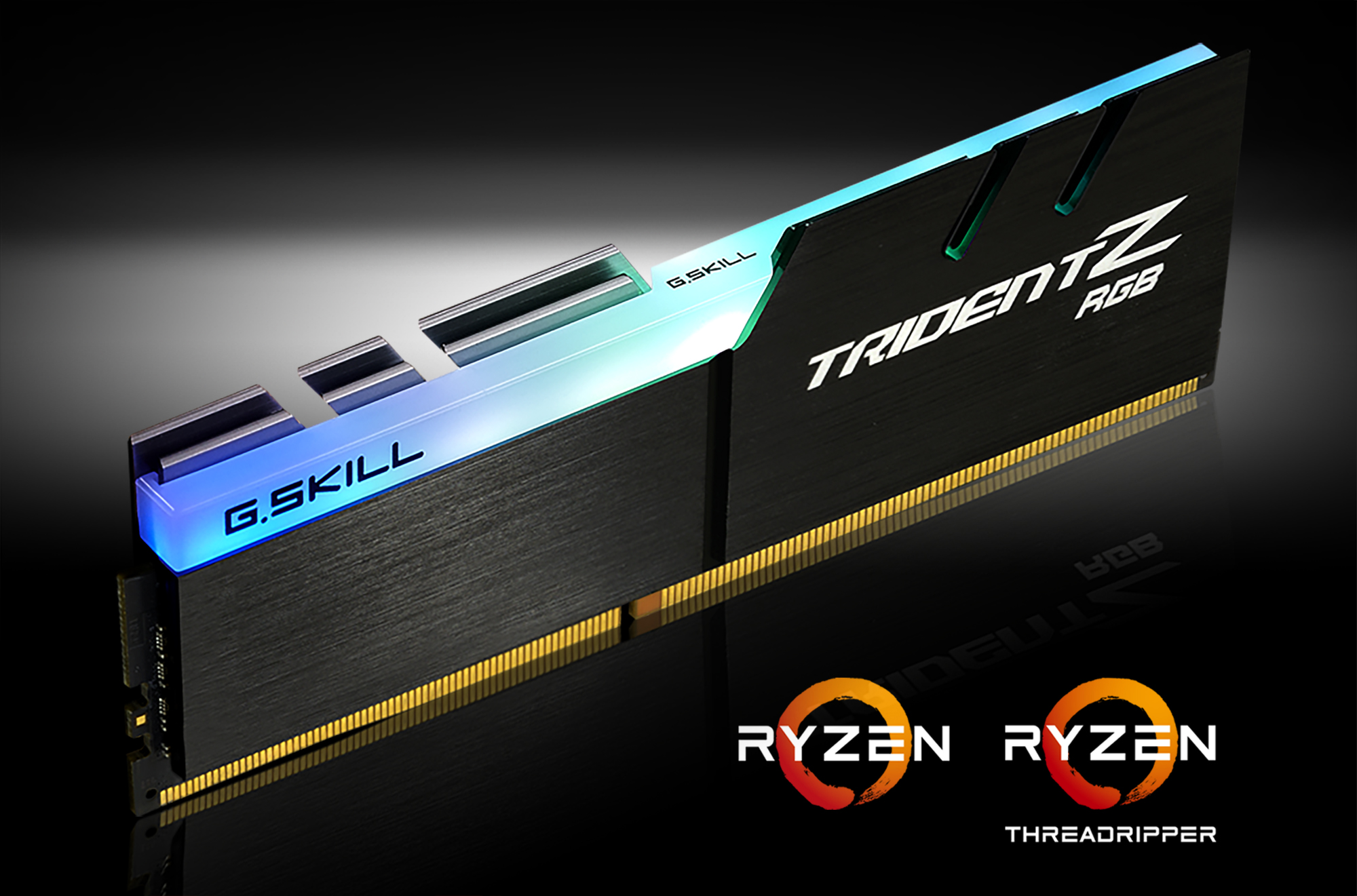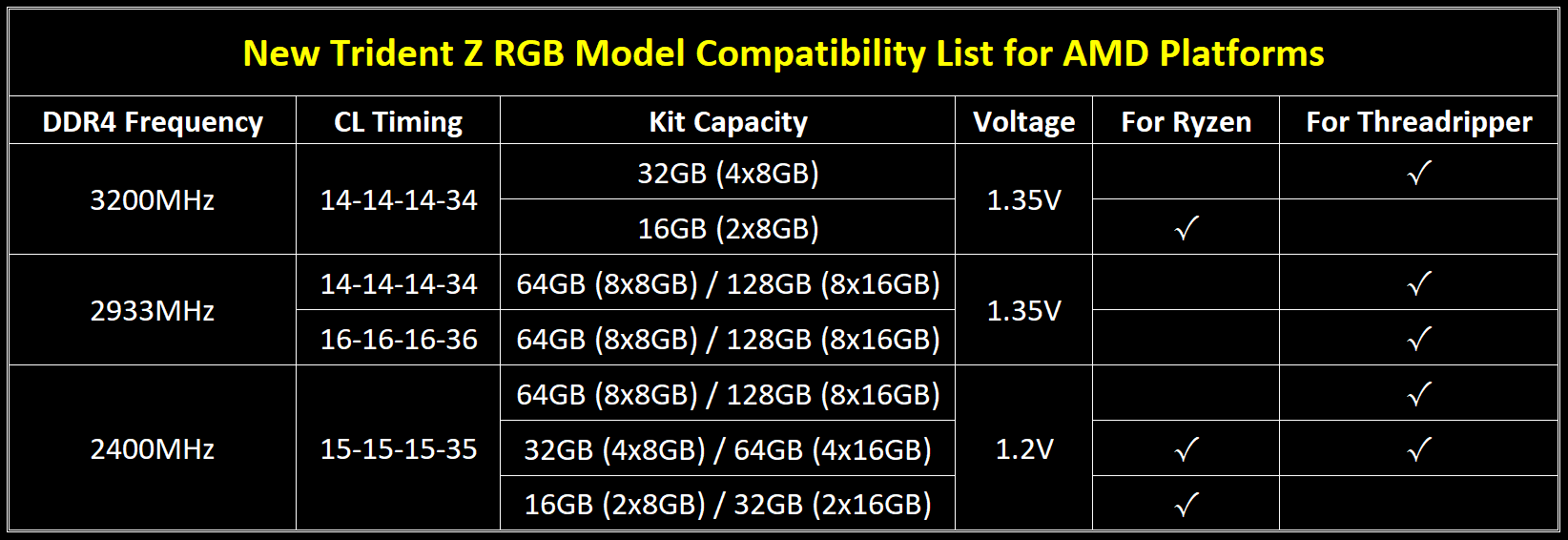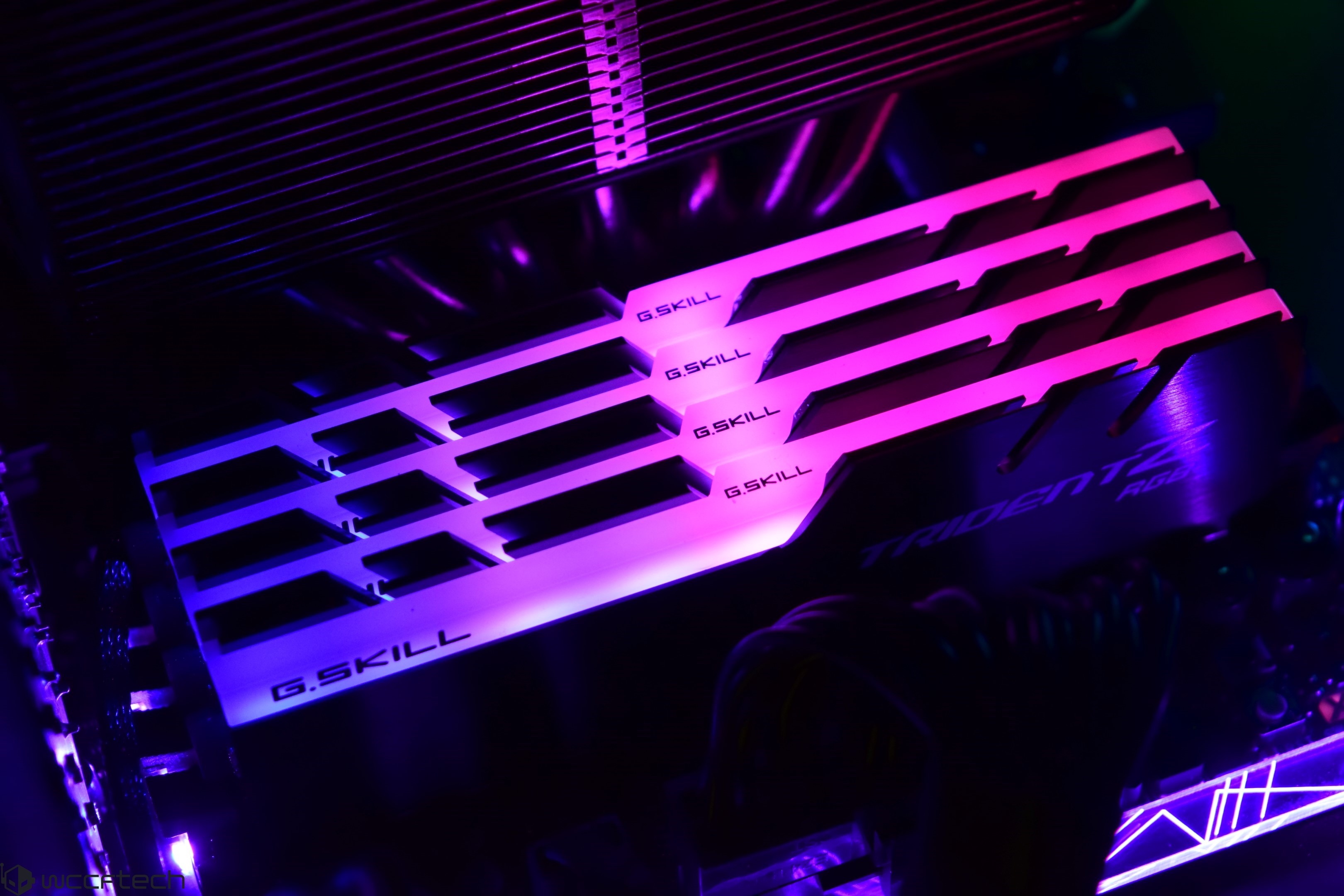aldaia :
juanrga :
No one claims that ThreadRipper are EPYC CPUs with another name. What is being stated is that ThreadRipper are failed EPYCs.
Let me quote Charlie Demerjian again
James Prior confirmed the part in bold when he says "Different substrate"The packages are physically different, anyone saying that a Threadripper is a failed Epyc is a rank idiot. If I need to explain this in more detail, consider yourself in the rank idiot category.
-Charlie
your insistence and stubbornness is confirming the rest.
Your theory has been debunked. Move on.
I queried Charlie to explain the difference between packages. He didn't. Not that I would trust him, even if some day he chose to reply. This is the same Charlie that wrote that ThreadRipper has only "two dies" and that everyone mentioning four dies was an "idiot". He has been disproved before.














